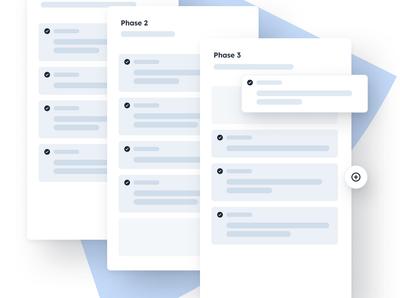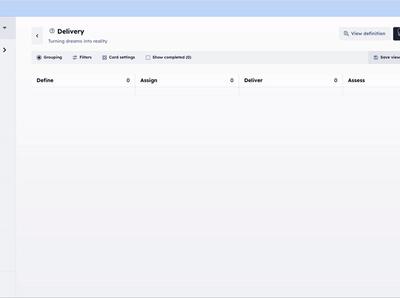5 things to consider when defining processes

1) The objective
What is the objective of the process? How is the process adding value to the business? It's important to define the objective so that people understand why and how to engage with the process.
2) Data requirements
What is the primary business entity that your process enables? If you are after a deal tracking process, its best to start with modelling the deal. What does a deal constitute of; a deal name, the value of the deal, the person or account that it relates to. Its often best to start with the main object and work from there.
P.S. With Modlify, there are simple templates that can help you get started.
3) Process steps/phases
Is the intent behind this process to get people following a clear structured approach? When trying to determine the right process steps for a new process, its worth starting simple. There should be a reason for every phase to exist.
4) Phase criteria
Phase criteria act as checkpoints in the process to make sure that critical tasks or actions that should be done along the journey. It could be something like the internal qualification checks being in place to move a lead to be sales qualified; or the credit checks for a supplier being in place prior to onboarding.
5) What constitutes 'Complete'
Some processes require that something reaches the very end to be complete such as the deliverable of a project work package. Others could be defined as complete at any point in the process, such as a deal could be deemed "Complete" if you qualify out of that opportunity during the first phase.
Its important to determine what constitutes complete and what statuses are required through the process.
P.S.
There are lots of other things that normally you would have to worry about, like what filters might you want to look at your data through in a process. But we have taken that leg work out for you - the system automates this.


